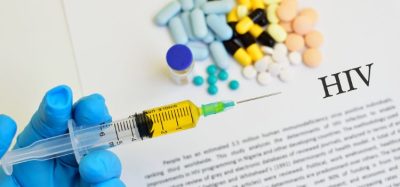NHS to launch subscription service to encourage R&D
Posted: 11 July 2019 | Victoria Rees (European Pharmaceutical Review) | No comments yet
The NHS is set to launch a new payment method for antibiotic development to incentivise pharmaceutical companies.


The National Health Service (NHS), UK, is trialling a new subscription-style service to encourage pharmaceutical companies in developing new drugs for resistant infections. The payment model means pharmaceutical companies will be paid upfront for access to drugs based on their usefulness to the NHS.
The new method is to address the growing dangers of ‘superbugs’ and antimicrobial resistance (AMR). The trial will be led by the National Institute for Health and Care Excellence (NICE) with NHS England and NHS Improvement.
low returns on investment by pharmaceutical companies reduce the R&D they are willing to undertake
Companies will be incentivised to invest the estimated £1 billion it costs to develop a new drug as there is reassurance of financial return, even though the medications may be stored in reserve. Currently, low returns on investment by pharmaceutical companies reduce the R&D they are willing to undertake. The new service aims to change this by guaranteeing revenue.
“Our NHS is in a unique position to take a global lead in testing new payment models. We will take the lead but this is a global problem and we cannot succeed alone. I am proud the UK is taking the first steps towards a solution and I am urging the rest of the world to join us in the fight against superbugs,” said Health and Social Care Secretary, Matt Hancock.
The findings from the trial will be shared to encourage other healthcare systems worldwide to adopt similar models.
Health Minister Nicola Blackwood also commented, saying: “Having a full pipeline of antimicrobials is critical in our efforts to address AMR, but currently not enough pharmaceutical companies are investing in the development of new drugs. This project is an important step but it will only address global market failure if other countries do the same, which is why we want to involve as many countries as we can and share our learning from this work.”
Related topics
Antibiotics, Drug Development, Regulation & Legislation, Research & Development (R&D)
Related organisations
National Health Service (NHS), National Institute for Health and Care Excellence (NICE), NHS England, NHS Improvement









